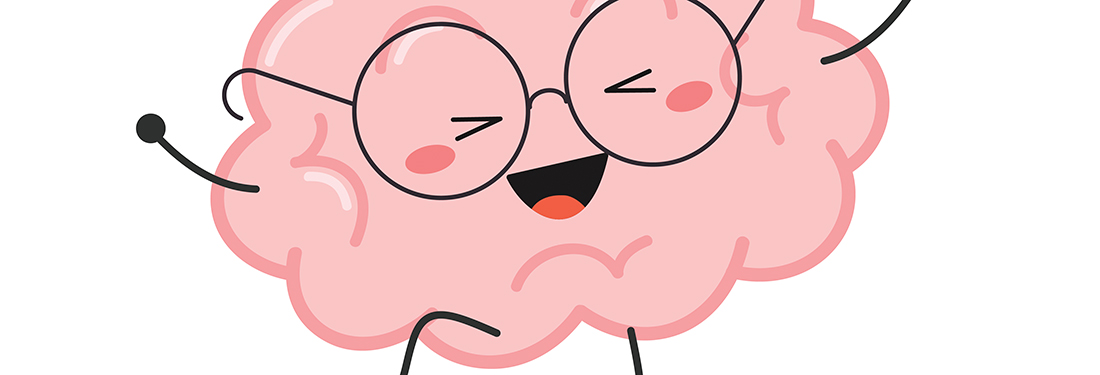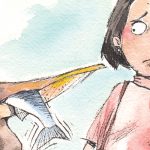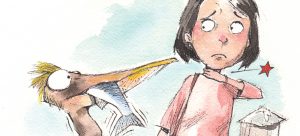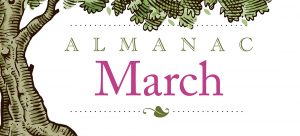
To Bee or Not to Bee
The puzzle that sometimes stings a little
By Maria Johnson
Dear Sam, I hope you don’t mind if I call you by your first name.
Or that I know your first name.
I know it because I emailed your department the other day to ask about the word “phthalate.”
It’s a kind of chemical used in plastics and cosmetics.
Honestly, I’m not sure how I know the word. Maybe from reading shampoo labels. Hell, I wasn’t even sure it was a word until I looked it up.
But there it was: phthalate.
And so I dashed off an email to Spelling Bee at The New York Times.
“I am not a chemistry geek,” I wrote, “so my pain is not as great as theirs, but PHTHALATE.”
At this point, I suppose I should mind my manners and express gratitude that your newspaper offers Spelling Bee.
I mean, I know your game is not as popular as the crossword puzzle — no offense, but everyone knows who crossword editor Will Shortz is, and if you ask people who Sam Ezersky is, well . . .
But there’s hope for you. I’ve read that Spelling Bee, which was introduced online only three years ago, is growing in popularity, and it’s easy to see why.
It’s an awesome puzzle, especially for wordies, and especially in these times when no one can seem to agree on anything. We live in a world of “alternate facts,” God help us. For the time being, at least, we still agree on how to spell words, even if we disagree on which words you, Sam, recognize as valid for your game — cough-cough-PHTHALATE-cough.
But more on that later.
I adore the design of your puzzle, how every day you give people seven letters arranged in cells like a little honeycomb. There’s one letter in the center cell and six letters surrounding it.
People like me — we’re known collectively as the Hivemind — spend wayyyyy too much time seeing how many words they can make with those seven letters while abiding by the rules.
Namely, each word has to be at least four letters long; each word must contain the center letter; and you can use letters more than once. Also, the game accepts no proper nouns, hyphenated words or cussing, which is a bleeping shame.
Still, it blows my mind how many words are possible. Like, the other day, more than 40 words were possible with just seven letters. How can that be?
I mean, I know the letters aren’t random. There are always vowels and letters that make up common prefixes, suffixes and combination sounds like “ch” and “sh” and “th.” I’m sure you have computers that figure these things out. It’s all very clever.
I also think it’s brilliant that you assign every word a certain number of points, and you grade people based on how many points they amass.
For example, on any given day, my performance could be ranked as beginner, good start, moving up, good, solid, nice, great, amazing or genius.
In life, I settle for being nice.
Not with Spelling Bee. Every day, I’m shooting for genius.
I don’t always get there.
Some days, I’m amazing.
Sigh.
I have been known to wake in the middle of the night and grab my phone from the nightstand to see if I can push myself from amazing to genius. I’ve discovered that if I wake up early and attack the puzzle while my mind is clear, I do really well. Sometimes, I start a puzzle in the wee hours. One morning, I got two pangrams — words that use every letter in the puzzle and, therefore, reward you with the most points — and achieved my goal while still in bed.
“I’m a genius, and it’s only 6 a.m.,” I announced to my husband.
He suggested that I stay in bed, that the day could go only downhill from there.
Also, he said I was addicted.
My first thought was: “A-D-D-I-C-T-E-D. Can I make that word from today’s letters?”
And my second thought was: “Go work your crossword puzzle.”
I’m not putting down other people’s games.
We choose the games we need to grow.
The Bee teaches me many things.
First, it shows me that success comes in small bites and in persistence.
If you halt at “halt,” you could miss “halting,” and “haltingly.”
Perspective is everything.
Which is why, I’m sure, you can click a key in the puzzle to rotate the outer ring of letters.
Sometimes, just looking at them in a different way, literally, opens your mind.
Taking a break and coming back to the puzzle with fresh eyes does wonders, too.
Maybe the most important lesson, though, is in revealing how I think of myself when I’m merely amazing, or great, or God forbid, nice.
Why is it that I feel so much better about myself every time I step up a level?
The difference can be just one word, one point.
But the difference in my feeling is enormous.
And it’s all in my head.
I’m the same person, whether I’m a genius or one point away.
What a hive-blowing thought.
Anyway, Sam, your team’s auto-reply came quickly. It went on about how y’all try to use words that are common knowledge, blah, blah, blah. Right. As if “entente,” a word on yesterday’s list, is an everyday term, and “oodle” — which you failed to recognize earlier in the week — is not.
Oodles of people know that “oodle” is a word, Sam.
And oodles of people know that “phthalate” is a word.
OK, maybe not oodles of people.
But enough people to form a doggone entente, or friendly alliance, I’ll tell you that.
I’ll be honest with you, Sam. That reply — which invited me to contact you directly — took the wind out of my sails.
I stopped playing the puzzle that day.
I was merely great.
But I can live with that.
Because I got your damn pangram.
Maria Johnson is a contributing editor of O.Henry. You can reach her at ohenrymaria@gmail.com.





